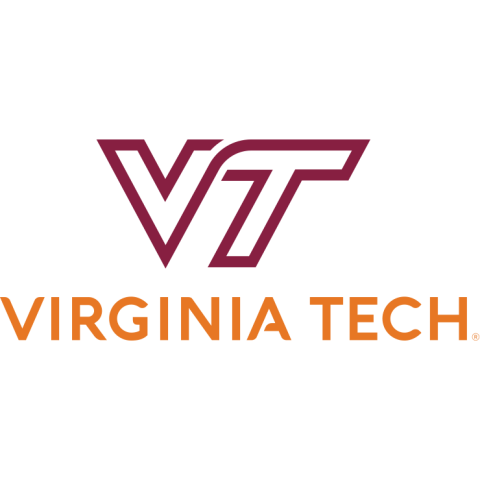
The vital role of a faculty senate in higher education
In the intricate ecosystem of a university, the faculty senate allows for democratic governance and academic integrity. Here, Joseph S. Merola explains why establishing this body is not an option but an imperative
In my 37 years at Virginia Tech, I have served in many faculty roles – chemistry professor, dean of the College of Arts and Sciences, acting dean for the graduate school, department chair of the chemistry department, and now back to the best role on campus: faculty member. These experiences have helped develop my understanding of faculty experiences – as well as the many demands faculty face. We expect a great deal of faculty in terms of academic, research and engagement enterprises.
Active faculty participation in academic, research and outreach programmes is vital to earning reputational capital. This is where the faculty senate comes in. The senate comprises a diverse group of faculty members representing varied positions and roles at the university, which inform their opinions and ensure a wide range of faculty perspectives.
Composition and structure of a faculty senate
I have served as president of the Virginia Tech Faculty Senate twice – 10 years ago, from 2013 to 2014, and again this 2023-24 academic year.
A decade ago, Virginia Tech’s senate was largely advisory. When Tim Sands joined Virginia Tech as university president, he was extremely supportive of a shared governance system that encompassed all university constituents – faculty, staff, administrative and professional faculty, undergraduate students, graduate and professional students, and administrators. As a result, constituent groups that did not already have a senate were impanelled, leading to an informed and knowledgeable community that allows for transparent, comprehensive and open communication among governing bodies and the greater university community.
- How to manage parental leave for university staff
- How can we imagine a new university?
- Questions for the next stage of university leadership
The faculty senate embodies the principle of shared governance, a cornerstone of an academic institution; all decisions made and policies crafted benefit all constituents of the university. Transparency is an integral component. We have made great strides in the past few years to establish the senate as a central spot in faculty governance, one that plays a key role in policymaking.
Mission and purpose
The senate is a platform where ideas are evaluated, debated and refined, ensuring that the collective wisdom of the faculty informs institutional policies and practices. It gives faculty a clear and prominent voice, positioning faculty members as stewards of academic freedom and intellectual autonomy and safeguarding the integrity of scholarly pursuits and educational standards.
Of course, the idea that faculty can be represented as a monolithic group is disingenuous at best. Virginia Tech has more than 2,500 faculty across nine colleges (including a medical school and a veterinary school), with over 280 graduate and undergraduate degree programmes, geographically dispersed throughout the commonwealth and beyond. The senate encompasses a vast diversity of duties, activities, needs and opinions. A system of smaller work groups – commissions – ensures that many voices are heard.
Meetings are held every other week. In these forums, we hear commissions’ findings, discuss policies and launch taskforces when more information is needed. The meetings offer a “safe” space – members can speak freely and openly. The faculty senate president serves on multiple boards and councils of decision-makers throughout the university, ensuring the faculty voice is heard in all corners of campus and beyond.
Moreover, the senate advocates for the welfare and professional development of faculty members, addressing issues such as compensation and faculty rights. Frankly, the pressures of academia can be daunting, and the senate serves as a support system, championing the interests and well-being of its constituents.
Additionally, the faculty senate creates a bridge between the faculty and other stakeholders within the university ecosystem. By encouraging dialogue among faculty members, administrators, students and alumni, it promotes a sense of collective ownership and institutional pride. In a world where interdisciplinary collaboration is essential, the senate serves as a catalyst for innovation and synergy.
’Shared governance is critical to the health of the university’
This is not to say that the governance system at the university is perfect. “Mission accomplished” will never be uttered in a university as complex and ambitious as ours when it comes to shared governance. Nonetheless, the entire governance system is a robust interaction between administrators, faculty, staff and students, both graduate and undergraduate. By garnering input from all stakeholders, the university ensures that its structure, academic curricula and myriad policies are as good as possible.
Shared governance is critical to the health of the university and, to a large degree, is responsible for the strong position we’re in. Virginia Tech’s Faculty Senate embodies the principles of shared governance, academic freedom and faculty advocacy, enriching the academic experience, strengthening institutional resilience, and upholding the legacy of higher education in society.
Joe Merola is a professor of chemistry in the Faculty of Health Sciences at Virginia Polytechnic Institute & State University. He is fellow of the American Chemical Society and the American Association for the Advancement of Science.


